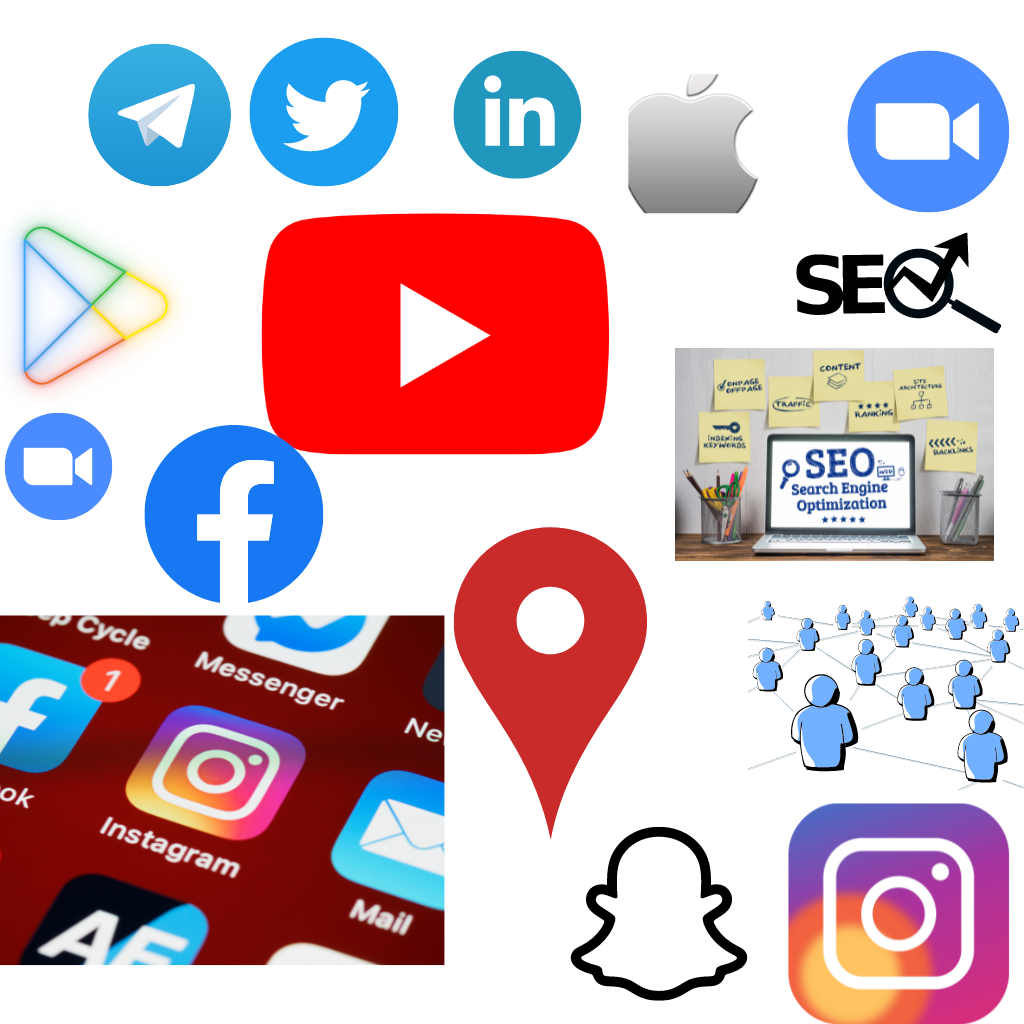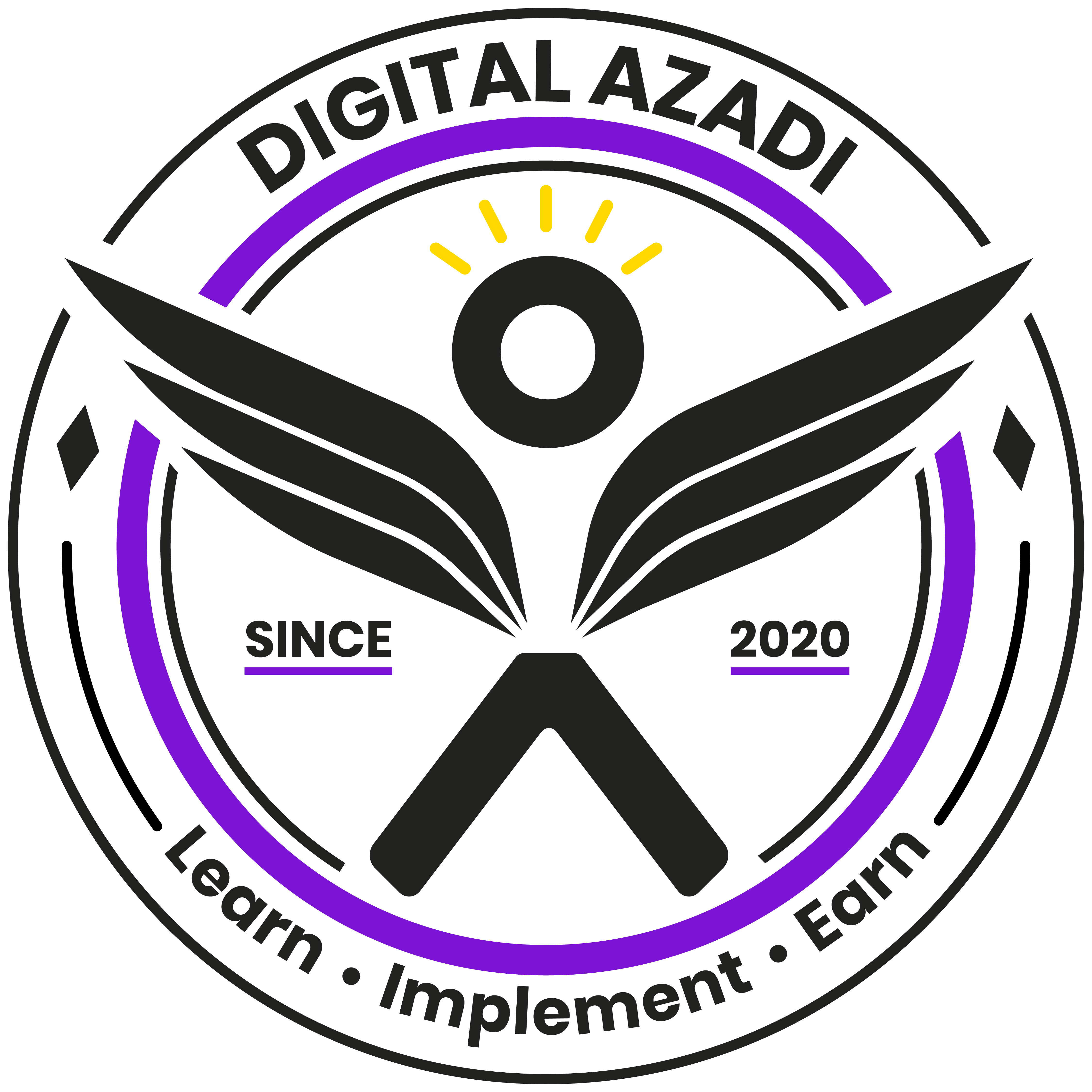Organic Marketing
Organic marketing is a marketing strategy that involves attracting customers to a business through non-paid or natural means. It typically involves creating high-quality content, optimizing it for search engines, and leveraging social media to reach and engage with potential customers.
The goal of organic marketing is to build a loyal customer base by providing valuable information and establishing a strong online presence. This can include creating blog posts, videos, infographics, and other types of content that appeal to the target audience. By creating content that is relevant and useful, businesses can attract potential customers who are interested in their products or services.
Organic marketing can also involve optimizing a website for search engines by using keywords, meta tags, and other SEO techniques. This can help businesses appear higher in search engine results, making it easier for potential customers to find them.
One of the benefits of organic marketing is that it can be a cost-effective way to attract customers. While it may require an investment of time and resources to create high-quality content and optimize a website, it does not involve paid advertising or other forms of traditional marketing.
AI tool also used to make mor strategic for Inorganic marketing
Organic Marketing Tools to Help Busineses


Content Management System (CMS): A CMS is a software platform that allows businesses to create, manage, and publish digital content. Popular CMS platforms include WordPress, Drupal, and Joomla. With a CMS, businesses can easily create and publish blog posts, articles, and other types of content.
Keyword Research Tools: Keyword research tools like Google Keyword Planner, SEMrush, and Ahrefs can help businesses identify the keywords and phrases that potential customers are using to search for information related to their products or services. By optimizing their content for these keywords, businesses can improve their search engine rankings and attract more traffic to their website.
Social Media Management Tools: Social media management tools like Hootsuite, Buffer, and Sprout Social can help businesses manage and optimize their social media presence. These tools allow businesses to schedule posts in advance, monitor social media mentions, and track engagement metrics.
Email Marketing Tools: Email marketing tools like Mailchimp, Constant Contact, and HubSpot can help businesses create and send targeted email campaigns to their subscribers. By providing valuable information and promotions via email, businesses can engage their audience and drive traffic to their website.
